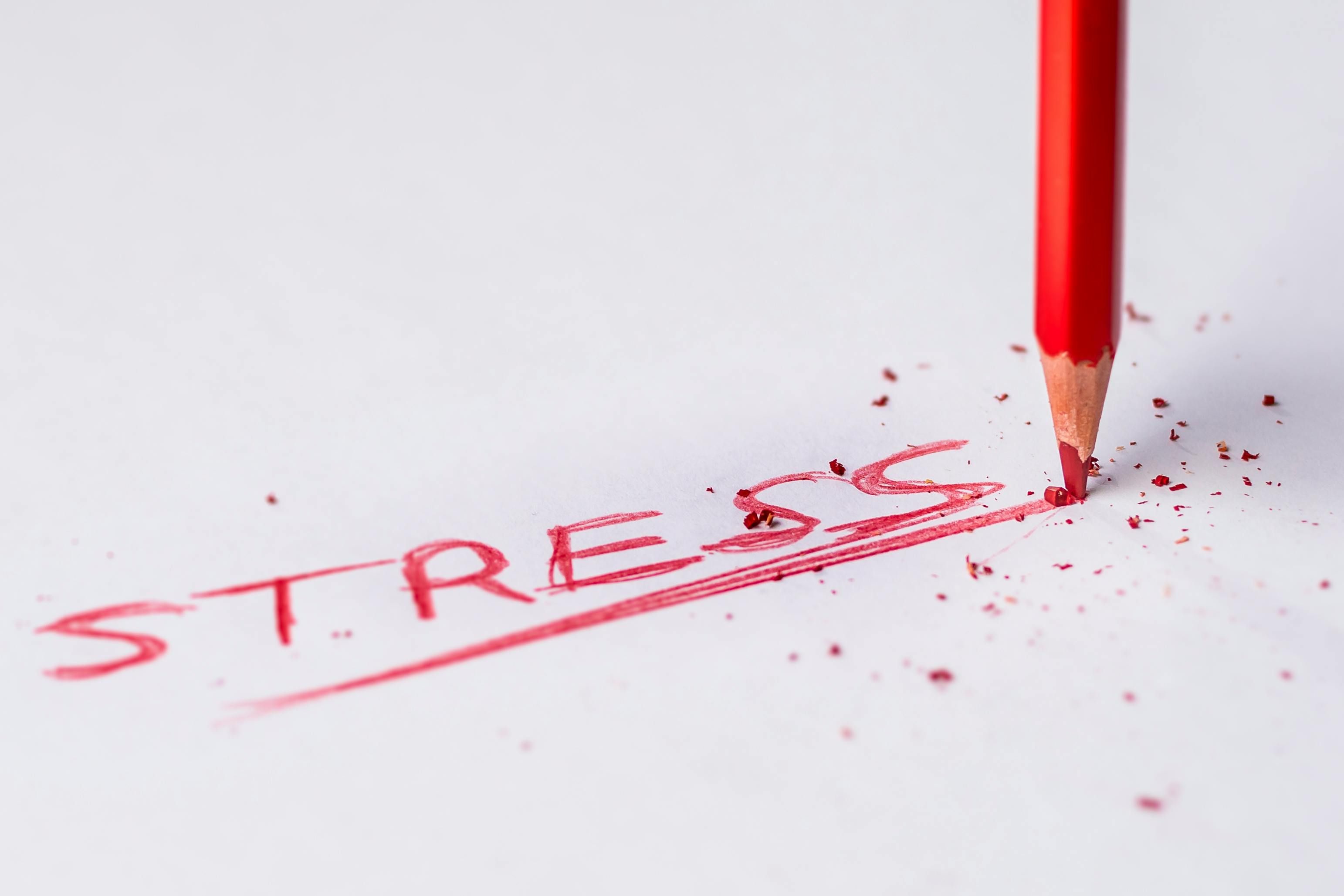Understanding Stress: What It Is and Why It Happens
Does life ever really give anyone a break? From the time we’re kids to when we become adults, every stage brings its own set of challenges, and sometimes it feels like there’s just no room to breathe.
Stress is something we all face at some point, it's a part of life. What sets us apart is how we deal with it, ensuring it doesn’t spill over and negatively affect other parts of our lives or our overall well-being.
What exactly is stress? It's that feeling of worry, agitation, or emotional pressure that we all experience when faced with tough situations. The World Health Organization (WHO) even points out that stress is a significant global public health concern, highlighting just how damaging it can be.
Stress kicks in when we push ourselves too hard without taking enough time to rest and recharge. It can come from physical, emotional, or mental demands that go beyond what we can handle.
Common Causes of Stress
Stress can pop up from various aspects of life, such as:
- School – The pressure of academics, looming deadlines, exams, and heavy workloads
- Workplace – High expectations, pressure to succeed, tight schedules, and toxic work environments
- Personal Life – Family disputes, financial worries, health concerns, and relationship issues
- Other Life Changes – Moving, losing a job, body image and appearance getting married, or dealing with the loss of a loved one

Signs and Symptoms of Stress
Stress shows up in different ways for different people, but some common signs include:
- Physical symptoms – Headaches, muscle tension, body aches, and digestive problems
- Emotional symptoms – Irritability, anxiety, depression, mood swings, and feeling overwhelmed
- Cognitive symptoms – Trouble concentrating, forgetfulness, and racing thoughts
- Behavioral symptoms – Changes in sleep patterns, pulling away from social activities, and unhealthy coping strategies (like overeating, smoking, or drinking)
Effects of Chronic Stress on Mental and Physical Health
While stress is a normal part of life, being exposed to it for too long can lead to serious health issues. Chronic stress can:
1. Weaken your immune system, making you more susceptible to illness
2. Raise your risk of heart disease and high blood pressure
3. Contribute to anxiety, depression, and burnout
4. Disrupt your sleep, leading to fatigue and lower productivity
Effective Stress Management Techniques
1. Lifestyle Changes (Sleep, Diet, Exercise)
Make exercise a regular part of your life. Getting active releases those feel-good endorphins that can lift your spirits and help you manage stress.
Focus on a balanced diet. Eating nutritious foods plays a key role in keeping your hormones and energy levels in check.
Prioritize quality sleep. Not getting enough rest can ramp up your stress levels, so aim for 7 to 9 hours of sleep each night.

2. Relaxation Techniques
Try practicing meditation, deep breathing and mindfulness! Sometimes, all you really need is a little alone time in a peaceful space, away from all the noise.
Mindfulness is all about intentionally focusing on the present moment without any judgment but gratitude. Meditation is a helps cultivate way to nurture this awareness, helping you relax and ease stress.
By weaving mindfulness and meditation into your daily life, even if it’s just for a few minutes, you can really boost your ability to cope with stress and face challenges.
So, take a deep breath, slow things down, and fully embrace the here and now. Your mind and body will definitely appreciate it!
3. Time Management and Setting Boundaries
A lot of people feel overwhelmed because they find it tough to manage their time or say no to too many demands. It’s important to prioritize your tasks, delegate when you can, and set boundaries to safeguard your mental well-being.
4. Engage in Hobbies
Some people get so caught up in their routines that they forget to indulge in activities they love. Research shows that things like reading, watching movies, or even knitting can significantly lower stress. Discover what sparks your interest and carve out some time for it!
5. Social support
Chatting with friends, family, or a support group can really help ease stress. As humans, we’re naturally wired to rely on each other for our well-being.
No one should have to navigate life all on their own. As the saying goes, a problem shared is a problem halved!
When to Seek Professional Help

Stress becomes a serious concern when:
- It persists for an extended period without relief.
- It affects your ability to function in daily life.
- You experience severe anxiety, panic attacks, or depressive symptoms.
If stress becomes overwhelming, seeking professional support from a therapist or counselor can provide strategies to manage it effectively.
Conclusion
Let's paint two scenarios. Imagine two individuals faced with stress but handling it differently...
Scenario A: After a particularly tough week, Individual A realized he was on the brink of burnout, which could seriously impact important areas of his life. To tackle this, he took a step back and removed unnecessary stressors, helping him find balance and safeguard his well-being. He decided to cut back on things like excessive workload, pointless commitments, and unhealthy habits that were adding to his stress.
Scenario B: On the flip side, Individual B was convinced that to truly attain wealth, he had to keep pushing himself, regardless of the toll it took on his health. With this belief driving him, he kept piling on more responsibilities and stress, thinking that his future financial success would make up for the struggles he faced now.
Question: Both faced challenges, but their choices shaped their outcomes. Now, which approach do you think leads to long-term well-being?
Do you have an answer?
Stress is an unavoidable part of life, but it doesn’t have to control you. By recognizing the signs early and adopting effective coping mechanisms, you can maintain balance and protect your mental well-being.
The key is to find what works for you whether it's exercise, mindfulness, or setting boundaries, and make it a consistent part of your routine.
For your mental health issues, click https://tranqbay.health/ to get started!
We’ve also included a step-by-step guide to assist you in booking your first session.
https://tranqbay.health/blog/general/speak-with-an-online-therapist-a-step-by-step-guide
We are rooting for you!
